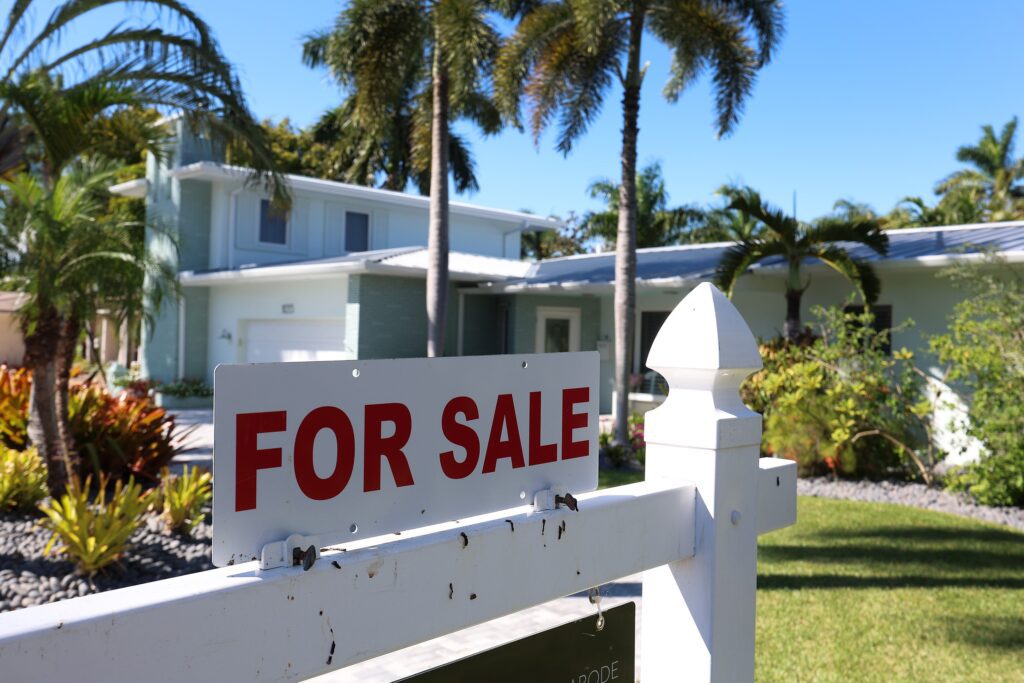Florida Housing Market Faces Potential Investor Selloff Amid Declining Rents
The Florida housing market is witnessing significant shifts, with an emerging "big investor selloff" on the horizon. This change is largely attributed to an oversupply of housing and dwindling demand, leading to declining rental incomes across the state.
Rising Supply and Falling Demand
Real estate expert Nick Gerli, CEO of Reventure App, highlights a notable trend: widespread rent reductions are affecting various regions in the Sunshine State. Following a construction boom in apartment complexes, the balance of supply and demand has tipped unfavorably for landlords. As a result, rental prices are decreasing to attract tenants.
Key Stats:
- Fort Myers: Rents dropping from $1,617 in November 2022 to $1,406 in 2023 — a 13% decrease.
- Naples, North Port/Sarasota, and Jacksonville: Also seeing similar downturns in rental prices.
- Miami: Rents decreased by 1.6%, slipping from $1,825 to $1,796.
Surging Vacancy Rates
Vacancy rates are also climbing, indicating a supply-demand mismatch. In Fort Myers, vacancy rates soared to 10.18% last month, compared to just 4.64% in November 2022. This trend can be attributed to the influx of new apartment and single-family homes hitting the market.
Investor Sentiment Indicates Caution
According to a report from Redfin in October, many investors are retreating from Florida’s housing market due to:
- Hurricane damage
- Rising insurance costs
- Strict new safety regulations
Consequently, a significant portion of investors may begin to unload their properties as rental incomes decline and operating expenses surge.
Declining Rents Impacting Landlords
Gerli captures the landscape succinctly: "Declining rents are very problematic for landlords in Florida, especially for those who entered the market during the peak bubble years of 2021-2022." Many landlords anticipated continuous rent increases and are now facing a challenging financial environment due to soaring expenses, including:
- Homeowners’ association (HOA) fees
- Property insurance costs
- Taxes
As these costs rise, profit margins for landlords are tightening considerably.
Predictions for the Future
Gerli forecasted, "Don’t be surprised if we see a big investor selloff in Florida in 2025 due to these declining rents." Several investors have already started divesting properties in response to the market conditions.
Broader Implications for the Housing Market
Despite the downward trends in rental prices, it’s important to note that current rent levels still exceed pre-pandemic norms. For landlords who purchased properties prior to the pandemic, returns on investments remain favorable. However, those who entered the market during its peak may be at risk of significant financial loss.
Considerations for Potential Buyers
- Current Market Conditions: The number of Americans intending to buy a home is at its lowest in 12 years, influenced by high prices and mortgage rates that stand around the 7% mark.
- Inventory Levels: As home inventory increases, traditional buyers may remain hesitant, impacting overall market stability.
Conclusion
The Florida housing market is at a crossroads, with potential oversupply and decreasing demand threatening investor confidence. As rental prices decline and vacancy rates rise, the landscape for landlords becomes increasingly challenging. For those considering investing in Florida real estate, careful analysis of current market conditions and long-term trends is essential.
For more insights into Florida’s housing market dynamics and the latest trends, visit Reventure App and Redfin.


